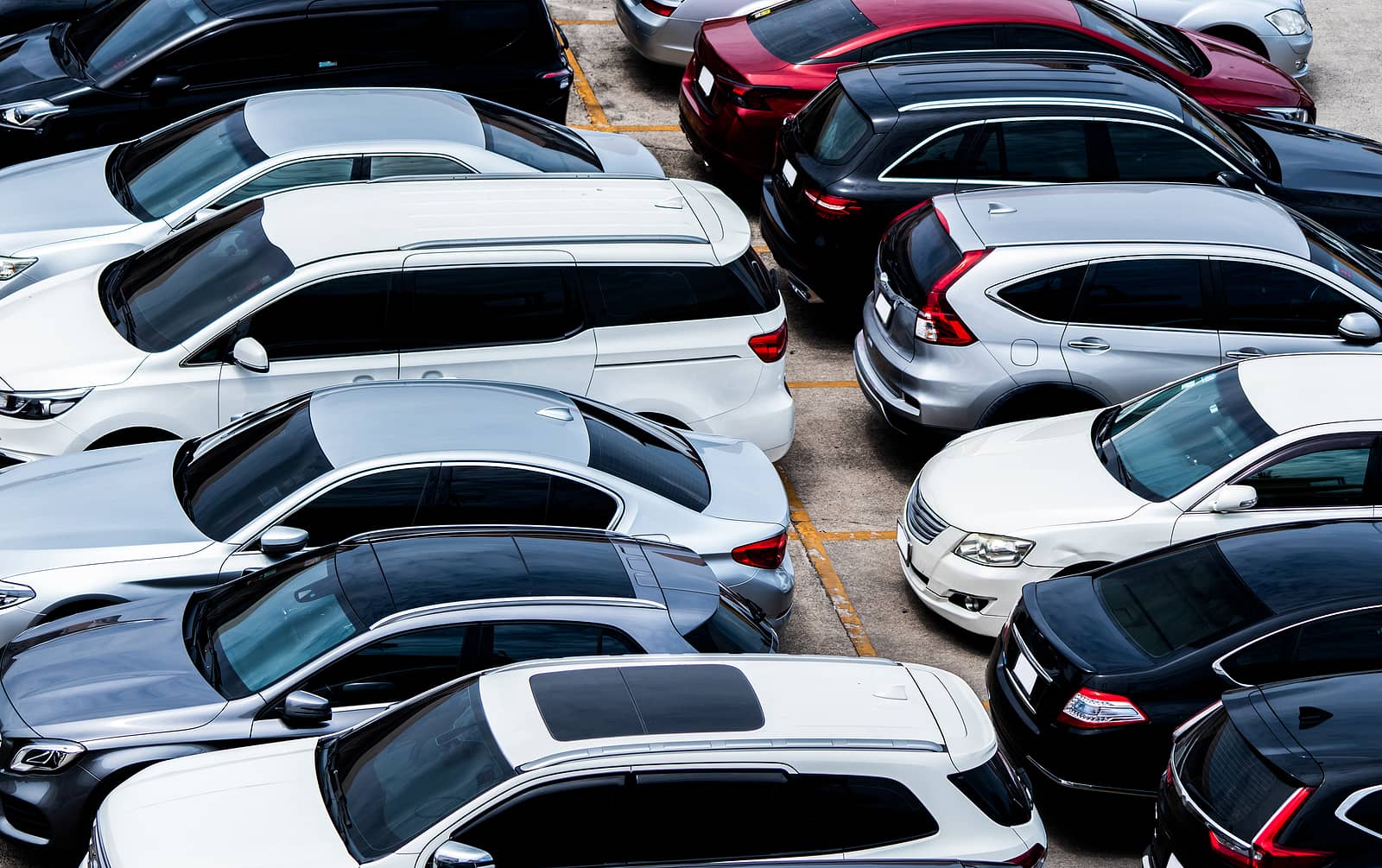Many drivers are curious about whether owning an older vehicle translates into cheaper insurance premiums. Although it’s not always the case, there are several situations in which insurance for an older car can be less expensive. The distinction between classic and older cars, as well as some additional elements that affect your auto insurance rate, will be made clearer by this article.
What is a car that is “older”
What constitutes a “older” automobile is the first point that must be addressed. Undoubtedly, a model T Ford would be regarded as an older car, but it is obviously not what someone is talking about.

In general, a car that is 12 to 30 years old and not classic or antique is considered older. Once a vehicle turns twelve, the majority of insurance companies will request that an insurance inspection be performed.
What distinguishes an older vehicle from a classic or antique vehicle?
The difference between an ancient automobile and a classic vehicle is the next crucial factor to note. A car that is at least 20 years old and has historical, cultural, or artistic significance is sometimes referred to as a classic car. Usually uncommon or one-of-a-kind, classic cars may have been manufactured in small numbers. They may be sought after by enthusiasts or collectors because they frequently have unique features or styling that distinguish them from other cars of their time.
Simply put, an old car is one that is more than a specific age, typically more than twelve years. Old cars might not be very rare or desirable, and they might not have any unique historical or cultural importance. A Honda Civic or Toyota Corolla from 1995 wouldn’t qualify as a historic car.
Classic automobiles and vintage autos have very distinct insurance policies. Speciality insurance coverage may cover classic cars due to their particular worth and collector status. These policies may have varying coverage limits, deductibles, and conditions from normal auto insurance policies. Older automobiles will be protected using conventional auto insurance coverage.
Type of coverage/Car’s value:
The type of coverage on your policy, like most car insurance, plays a significant role in the cost of the insurance. Collision and comprehensive insurance provide the maximum coverage for your vehicle, but it may not be worth carrying those coverages if your vehicle is not of significant value. Carrying merely liability insurance does not cover your vehicle in the event of an accident, but it does cover damage to other people’s property.
If your vehicle is worth $1,000 to $3,500, carrying collision and comprehensive coverage may not be worthwhile. Carrying only liability insurance will provide the most affordable insurance policy. If your vehicle is worth $3,500 or more and your deductibles range from $500 to $1,000, it may be prudent to keep collision and comprehensive coverage. This is, of course, subject to your own particular preferences and risk tolerance.
Driving Record
Your driving record is also an important factor in determining you car insurance rates. Younger drivers with less experience and higher grid rates can expect to pay more for insurance, regardless of the age of their vehicle. Drivers with convictions (tickets or criminal charges) or at-fault accidents will pay more their car insurance.
Full Ownership
Having 100% equity in a car offers for more options in terms of insurance coverage. If you are financing a vehicle, you must carry full collision and comprehensive insurance. As previously said, this gives the most security for your vehicle, but it also comes at a much higher cost. Full ownership allows you to forego collision and comprehensive coverage in favour of cheaper liability-only coverage. Again, this is based on your unique tastes and risk tolerance.
Conclusion:
Do older automobiles cost less to insure? Sort of. If you own your older vehicle outright, have no citations or at-fault incidents, and only carry basic liability coverage, you will most likely be able to get cheaper auto insurance. If you have two distracted driving tickets, an at-fault accident, and want collision and comprehensive coverage, you will have to pay a high premium for your vehicle insurance. At the end of the day, your automobile insurance should be about balancing your risk tolerance and the financial ramifications.
Need assistance in obtaining the coverage you seek? Ask your broker about your alternatives.